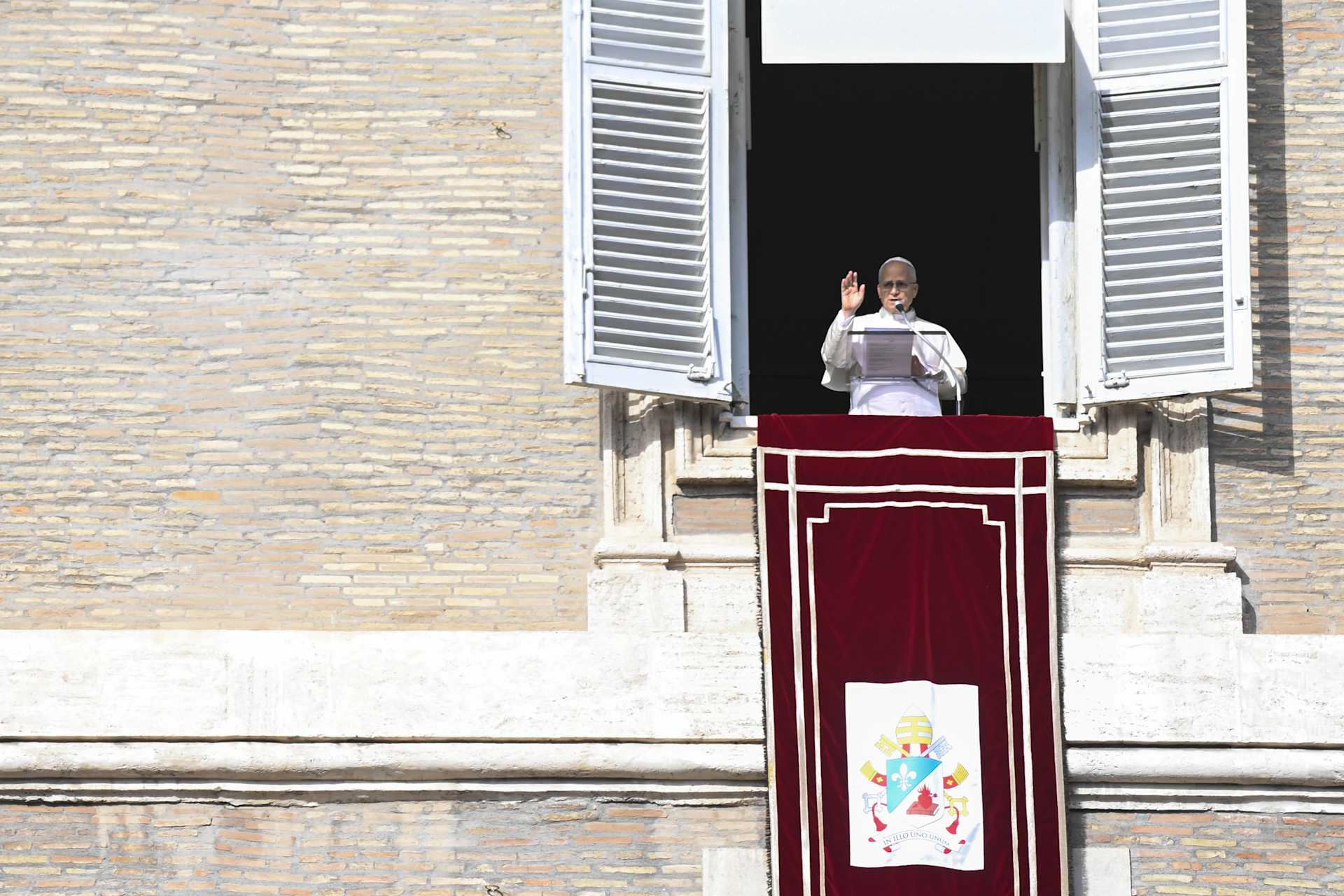Rachel Reeves plans to tax high-value homes to plug fiscal hole


Chancellor considers ending capital gains exemption on properties above £1.5m amid £40bn funding shortfall
Rachel Reeves is weighing plans to impose capital gains tax (CGT) on the sale of high-value homes, a move expected to be framed as a “mansion tax” as she seeks to address a £40 billion hole in the public finances.
Currently, homeowners do not pay CGT on their primary residence thanks to private residence relief. But under proposals being explored by the Treasury, this exemption would be withdrawn for properties above a certain threshold — potentially £1.5 million.
If adopted, the change could see higher-rate taxpayers facing a 24 per cent levy on the gains made when selling homes, while basic-rate taxpayers would pay 18 per cent. Treasury officials believe the measure could generate billions, with some estimates suggesting around 120,000 homeowners would be affected. A property sold for £1.5 million, for example, could incur a CGT bill close to £200,000.
Analysts and estate agents have warned the plan risks backfiring. Homeowners could choose to delay selling rather than face hefty tax bills, choking supply in an already subdued housing market. Pensioners looking to downsize may be hit particularly hard.
Aneisha Beveridge, head of research at Hamptons, said: “It’s a big change that would hit long-term owners hardest and create a cliff-edge at £1.5 million. While headline gains look substantial, they’re often the result of decades of ownership. For households who don’t need to move, this could be a strong disincentive to sell, dampening transactions and potentially weighing on house price growth and Treasury revenues alike.”
Some property experts added that any levy may raise little money if applied only to recent price gains. Tom Bill, head of UK residential research at Knight Frank, said: “Prices in prime central London are down 20 per cent over the last decade. If demand fell further, the prospect of taxable gains at the top end would pretty much vanish.”
Reeves is said to be motivated by concerns that Britain’s property tax regime is outdated. Council tax bands, based on 1991 valuations, have long been criticised as regressive. A £1 million property pays roughly double the council tax of one valued at £80,000, despite being worth over 12 times as much.
While the Treasury has examined adding higher council tax bands, such reforms carry significant political risk. Ending private residence relief for homes above a threshold is seen as a simpler, if controversial, alternative.
Isaac Delestre, senior research economist at the Institute for Fiscal Studies, said: “Short of reinventing council tax entirely, the system could be made more proportional by increasing multipliers in the highest bands or adding new ones. Another option is for central government to levy a new, separate tax on high-value properties.”
The Chancellor has pledged not to raise income tax, VAT or national insurance, limiting her room to manoeuvre. Property taxes have therefore emerged as a key target ahead of the autumn budget.
But critics warn of unintended consequences. Simon Brown, chief executive of Landmark Information Group, argued: “If downsizing becomes less attractive, larger family homes stay off the market, reducing choice for buyers and shrinking the tax base.”
TV presenter Kirstie Allsopp was more blunt, warning that talk of mansion taxes risked “destabilising the property market”.
No decisions have yet been taken, but government sources confirmed property tax reform is under active consideration as Reeves puts “fairness” at the heart of her first major budget.
Read more:
Rachel Reeves plans to tax high-value homes to plug fiscal hole




















:quality(85):upscale()/2023/09/18/918/n/1922398/a1136b676508baddc752f5.20098216_.jpg)
:quality(85):upscale()/2025/10/09/670/n/1922283/00b944c868e7cf4f7b79b3.95741067_.jpg)
:quality(85):upscale()/2025/10/15/765/n/1922398/29c37a6e68efd84bb02f35.49541188_.jpg)
:quality(85):upscale()/2025/09/09/891/n/1922283/7222624268c08ccba1c9a3.01436482_.png)




















